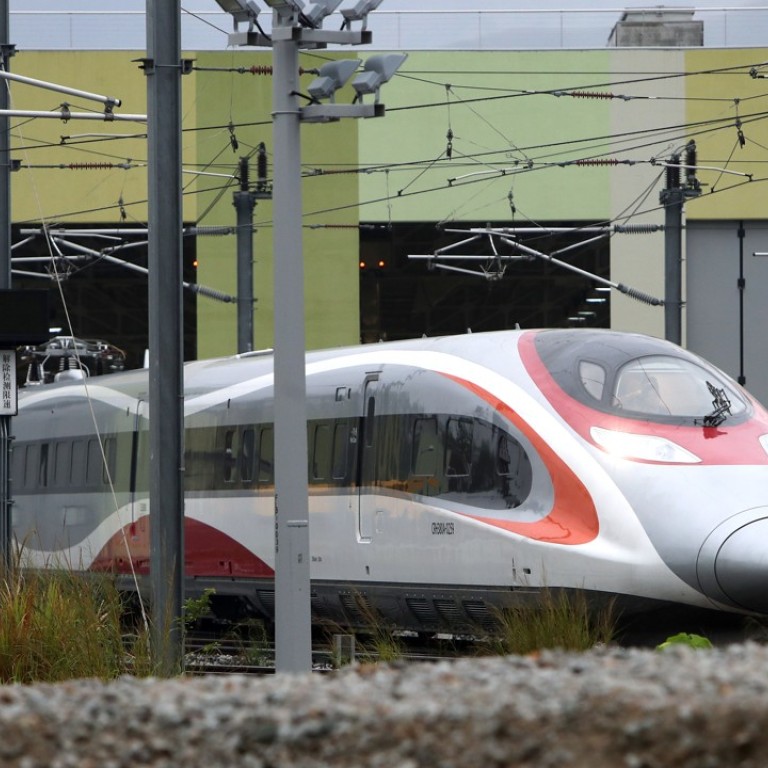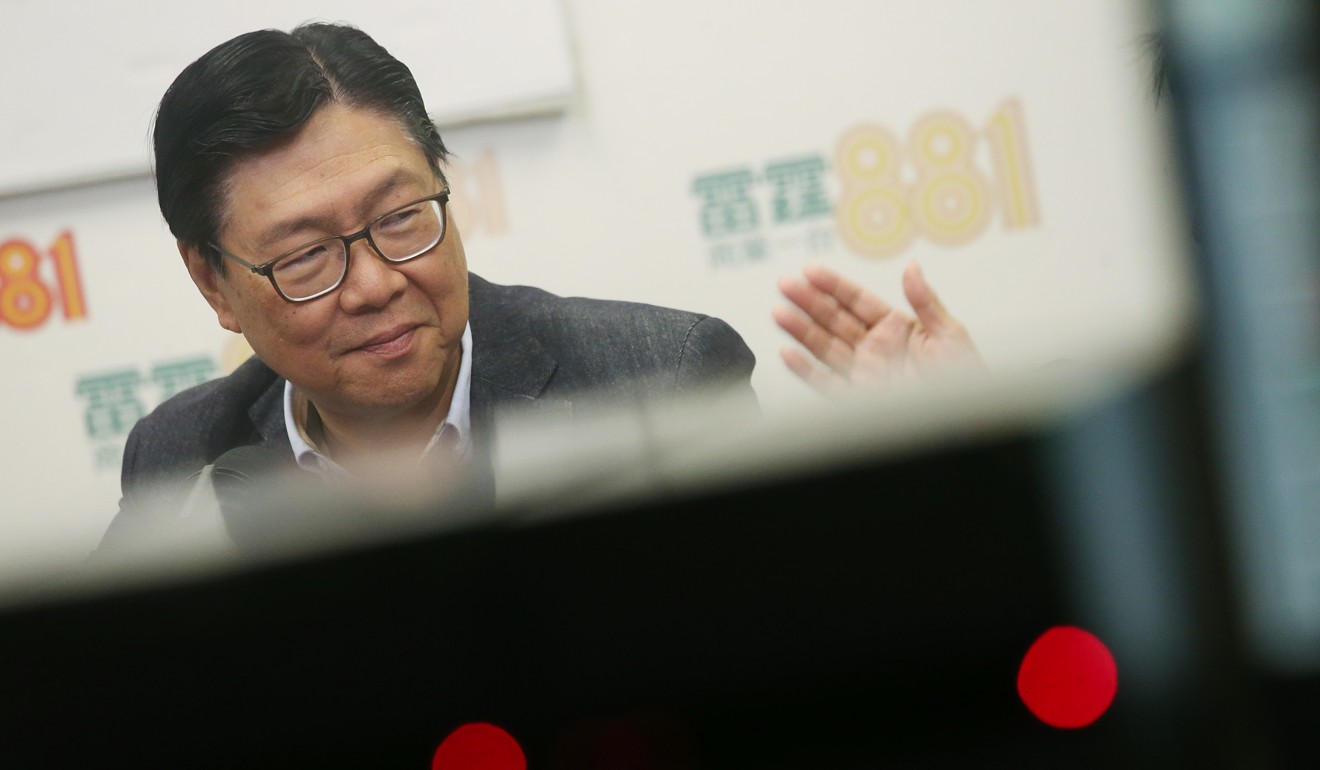
Technical ‘teething’ issues behind MTR’s ticket confusion on Hong Kong high-speed rail
Trouble with access to ticketing system behind higher cost for Hong Kong passengers when it comes to buying fares for journeys that run entirely on mainland soil
Accessibility with a mainland system is preventing MTR Corp from selling tickets to all destinations on a high-speed rail network that will connect Hong Kong to cities across the border, a source said on Monday.
Unless this is fixed, passengers travelling from Hong Kong will be forced to purchase tickets for journeys that run entirely on mainland soil – for example, from Guangzhou to Nanjing – at a higher price.
Hong Kong express rail will not run until proven safe after derailment
“There are some teething technical issues, which are unlikely to be resolved by September,” when the network is expected to launch, said a source close to MTR Corp, which will operate the Hong Kong section of the line.
MTR Corp chairman Frederick Ma Si-hang “wants to manage the public’s expectation”, the source said.
The MTR, he said, will only sell tickets for four short-haul and 14 long-haul destinations involving the Hong Kong section of the high speed rail that cost HK$84.4 billion (US$10.7 billion) to build.
The Transport and Housing Bureau said on Monday that an operator from mainland could be brought to West Kowloon so passengers could buy other fares with mainland routes. Ticketing booths and machines could be set up, but the operator will charge an extra service fee for train journeys that does not involve the Hong Kong section of the express rail.

Resolving the issue depends on whether a ticketing system connected to the mainland’s could be installed in the West Kowloon terminus, the source said.
If the technical issues are solved, travellers will be able to buy tickets from the MTR directly and not be subject to a service fee.
What would high-speed rail joint checkpoint mean for Hong Kong’s autonomy?
The source said the mainland ticketing system concerned a number of stakeholders, such as established travel agent, China Travel Service, and state-backed rail operator, China Railway Corp, which would have to reach a compromise with MTR and Hong Kong officials.
The Transport and Housing Bureau, however, was more confident that a deal could be made before September, the source said, without elaborating.
In case a deal could not be made, and a mainland operator has to be brought to Hong Kong, the source said a task force made up of representatives from the MTR, Hong Kong government and China Railway Corp will decide how the ticketing booths and machines in West Kowloon should run.
Dodgy mathematics puts the break even point of Hong Kong’s high-speed rail forever away
MTR Corp said on Monday that it was still in talks with relevant bodies on operational matters including ticketing.
It did not say if Ma had been told previously about the involvement of a mainland operator selling tickets at the Kowloon West terminus.
Pro-establishment camp lawmaker Michael Tien Puk-sun, who is also a Hong Kong deputy of the National People’s Congress, said the Hong Kong government should fight for the right to sell all types of express rail tickets at the West Kowloon terminus.
Tien said the proposed service charge could be poorly received by the Hong Kong people.
“It will create a strange phenomenon – that it is more pricey to go North then to head South,” Tien said.
Money on Hong Kong’s high-speed rail can be better spent elsewhere
He conceded that the Hong Kong government does not have a lot of bargaining power because mainland passengers are involved in both cross-border and mainland journeys, while Hongkongers are only involved in the former.
Additional reporting by Denise Tsang


